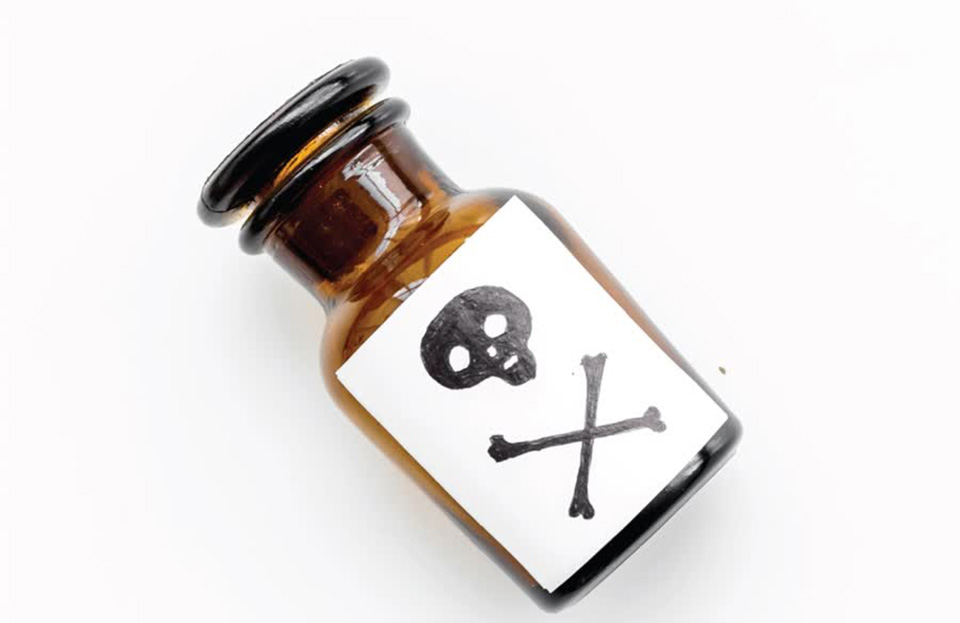
The Department of Industrial Works has announced that it will be implementing more stringent regulations on the use of cyanide in response to public concerns over the ease of obtaining the lethal chemical.
The move comes after a high-profile case of suspected poisoning involving actress Preechaya Pongthananikorn, who was found to have purchased cyanide from the same company as an alleged serial killer, Sararat Rangsiwuthaporn.
Preechaya admitted to buying the cyanide to poison monitor lizards that frequently entered her home and threatened her pets. However, the Department of Industrial Works plans to lodge a police complaint against her for abusing the chemical, which could result in a jail term of up to three years and/or a fine of up to 300,000 baht.
Cyanide is a potentially deadly chemical that can act quickly and interfere with the body’s ability to use oxygen. It can take the form of a colorless gas or liquid, such as hydrogen cyanide or cyanogen chloride, or as a solid crystal, such as sodium cyanide or potassium cyanide.
Thailand does not produce cyanide and instead imports it for industrial use. Currently, 14 companies import potassium cyanide to the country, with over 80 tons per year sold to more than 2,000 small-scale users. Although authorities control imports, the ease with which individuals can purchase the chemical online has raised concerns.
Under current rules, small-scale users do not require a permit for cyanide possession unless they use more than 100 kilos within a six-month period. They are also not required to declare how they intend to use the chemical in most cases.
Importers could soon be required to produce lists of buyers before shipments are authorized, while small-scale buyers may need to register themselves for cyanide purchases and declare the intended use. E-commerce platforms may also be asked to cooperate in preventing the online distribution of cyanide. (NNT)





